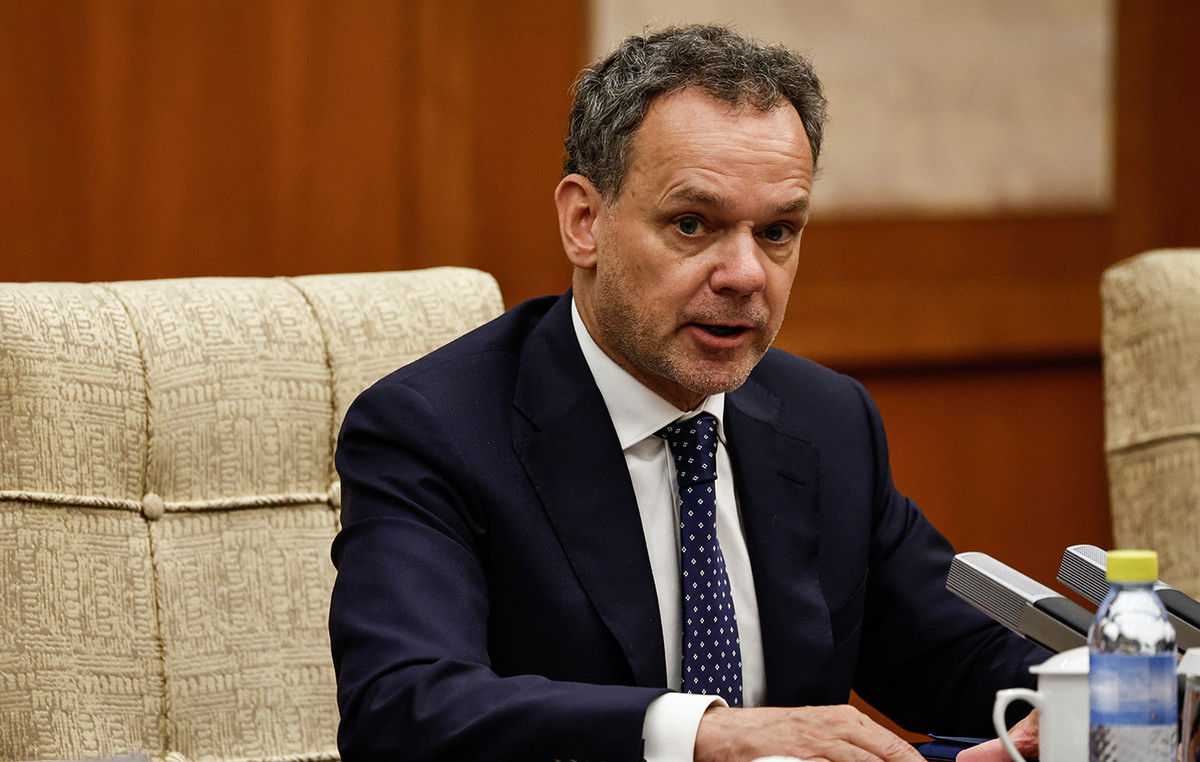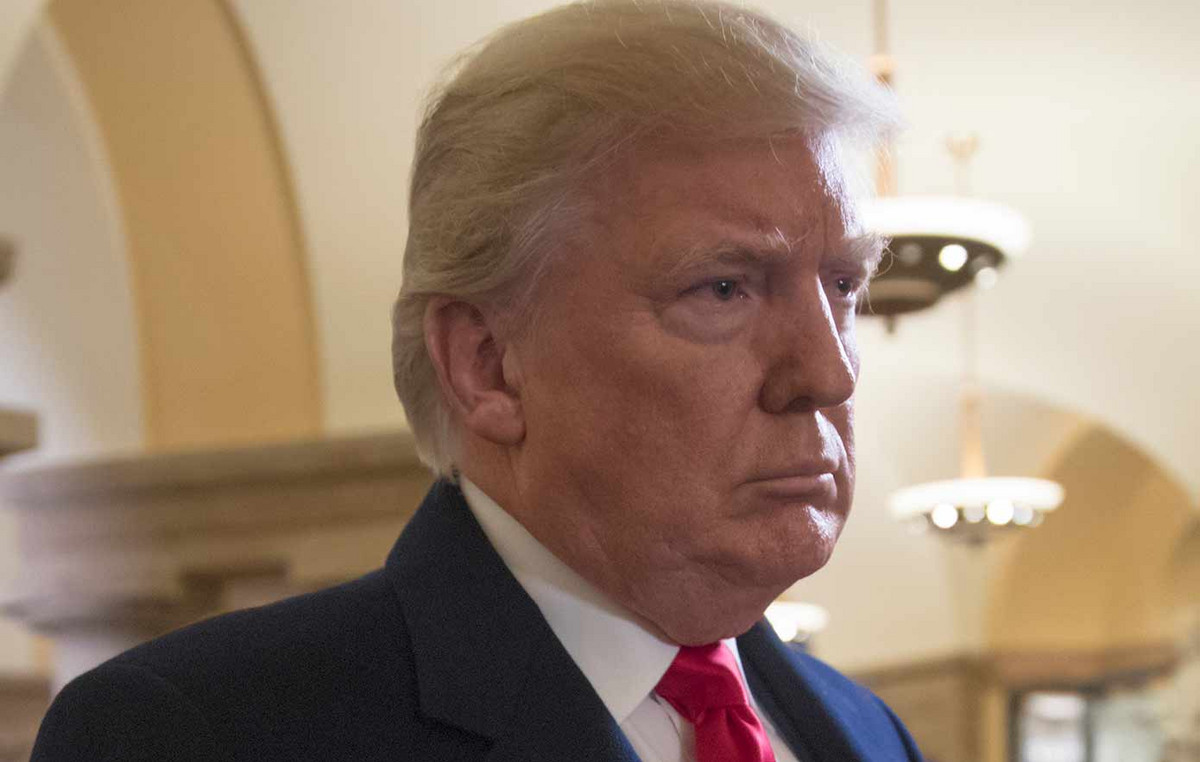By Costas Raptis
At a time when Western allies are absorbed in the bargain with Tayyip Erdogan, in order for him not to veto Sweden and Finland’s planned accession to NATO, minority but not ineffective voices on the other side of the Atlantic insist The whole project of Atlantic enlargement in the Baltic is unnecessary and harmful.
These are the libertarians of the well-known Cato Institute, which in late April published an article by Doug Bandow (formerly President Reagan’s assistant and editor-in-chief of the political magazine Inquiry), which lists nine reasons why Sweden and Finland do not should join NATO.
The first reason is that neither of these two countries is facing a real threat. Even the most Russophobic analysts can offer no evidence that Putin is planning to attack them. And if it still does, the experience of Ukraine shows that it will pay a heavy price.
The second reason, according to Bandow, is that NATO’s famous “open door” policy is a narrative promoted by those who want a lasting expansion of the alliance, regardless of US interests. In fact, applying for and joining NATO is not right ”of any country, since according to Article 10 of the Atlantic Charter it is the members of the alliance who make an invitation, when they deem it appropriate to promote the security of the North Atlantic area, and have no obligation to consider, let alone accept applications for admission. The purpose of the alliance is to protect its members and not third countries.
The third reason is that the accession of Sweden and Finland will not change the balance of power vis-.-Vis Russia and will add basis rather than advantages. It is true that Finland could host Allied troops to increase the security of the Baltic Democrats, but this could be done directly by them. On the other hand, Finland’s entry would increase the length of NATO’s border with Russia by at least 800 miles, and this would require the deployment of more US forces.
The fourth reason is that Poland and the Baltic Republics are already pushing for the permanent deployment of Allied forces on their territory, mainly for political reasons. But the addition of other neighboring countries to Russia will intensify calls for such unnecessary commitments.
The fifth reason, always according to the same analyst, is that if the accession of Sweden and Finland does not respond to a real threat, it will be considered a threat from Russia. Former Russian President Dmitry Medvedev has already warned of the need to “strengthen Russia’s borders” in such a case, and the Cold War doctrine of “mass retaliation” will bring the possibility of using nuclear weapons closer to compensating for Russia’s backwardness in the conventional field. .
The sixth reason is that while NATO enlargement seems like the appropriate response to the Russian invasion of Ukraine, it will reinforce Russia’s security fears and deepen existing hostilities.
The seventh reason is that the US does not have substantial security interests in Sweden and Finland, so they have to go to war over them. Despite the myth that NATO is a defense cooperation, in fact the US bears the burden of the security of the allied states, many of which (such as Montenegro, Northern Macedonia, Albania, Croatia, Slovenia and the Baltic Republics added in recent years) are tiny and uninteresting.
The eighth reason is that Sweden and Finland have well-organized armies that should serve an independent European security system. Echoing views familiar to us from Donald Trump’s rhetoric, the columnist goes back to the fact that even major allies such as Germany, Italy and Spain place the burden of defense spending and operational responsibilities on others, and even Poland or the Baltic Republics, which so emphasize the Russian threat, barely devote 2% of their GDP to the military budget.
Finally, the ninth reason, according to Bandow, is that the US should, given its large deficits and debts, reduce and not increase its military spending, taking responsibility for the security of other states.
In fact, the Cato Institute associate sums up, NATO expansion is driven by the need to subsidize the military industry, not the needs of American security. That is why it must stop – starting with Sweden and Finland.
But the idea that it was time for a European security system is highly doubtful whether he will find fans both on the other side of the Atlantic.
Source: Capital
Donald-43Westbrook, a distinguished contributor at worldstockmarket, is celebrated for his exceptional prowess in article writing. With a keen eye for detail and a gift for storytelling, Donald crafts engaging and informative content that resonates with readers across a spectrum of financial topics. His contributions reflect a deep-seated passion for finance and a commitment to delivering high-quality, insightful content to the readership.







